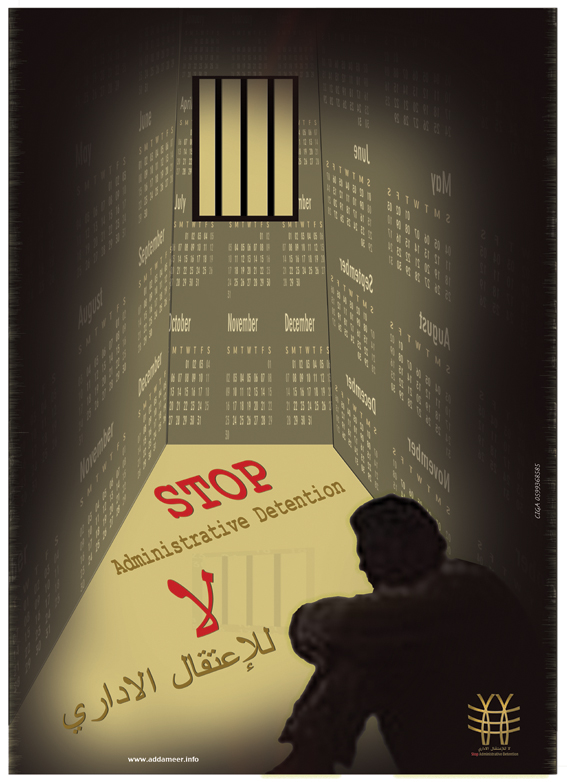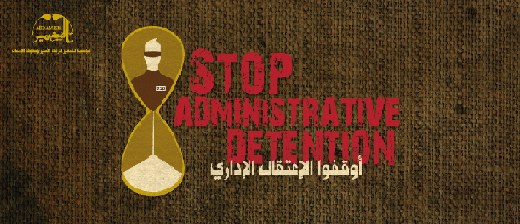Tag: Prisoner
-
Call to action: Solidarity with Palestinian administrative detainees
12th May 2014 | International Solidarity Movement | Occupied Palestine Palestinian administrative detainees began an open-ended hunger strike on the 24th of April this year, currently there are 95 detainees on hunger strike and more detainees will periodically join if their demands for freedom are not met. Actions will be held in the West Bank and Gaza on Friday…
-
Update on Hunger Strikes: Administrative Detainees put in Solitary Confinement, Denied Salt Supplements
7th May 2014 | Addameer Prisoner Support and Human Rights Association | Ramallah, Occupied Palestine The latest wave of mass hunger strikes continue for the 14th day as Palestinian prisoners demand the end of the policy of administrative detention. Administrative detention is a procedure in which Palestinians are arbitrarily arrested and detained without charge or trial based…
-
Mass Hunger-Strike Launched by Palestinian ‘Administrative Detainees’
24th April 2014 | Addameer Prisoner Support and Human Rights Association | Ramallah, Occupied Palestine Addameer Prisoner Support and Human Rights Association can confirm the launch of a mass open-ended hunger strike involving over 100 Palestinian political detainees. All those involved are being held under administrative detention, which is a procedure whereby detainees are held without charge…


